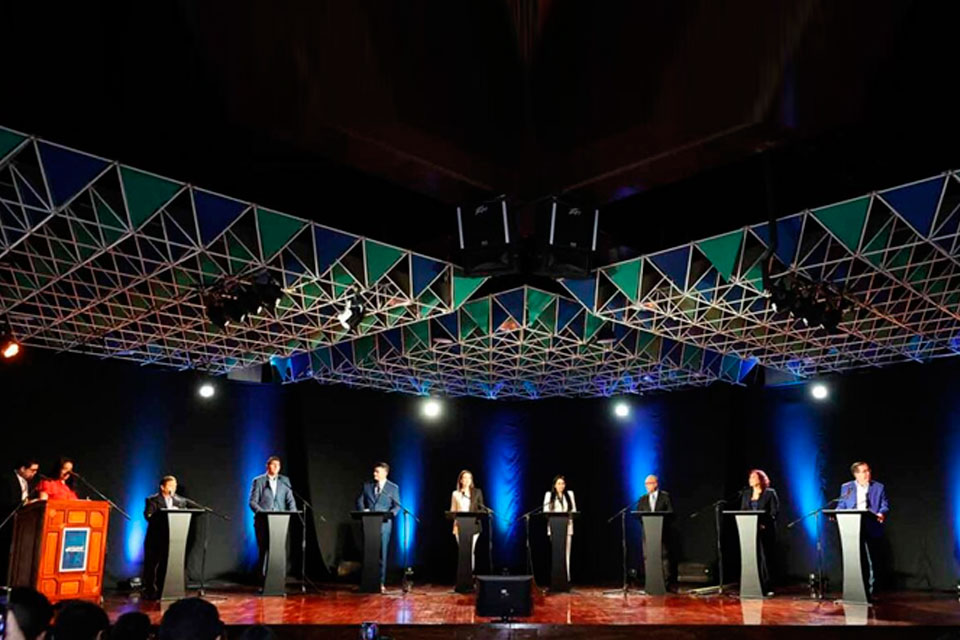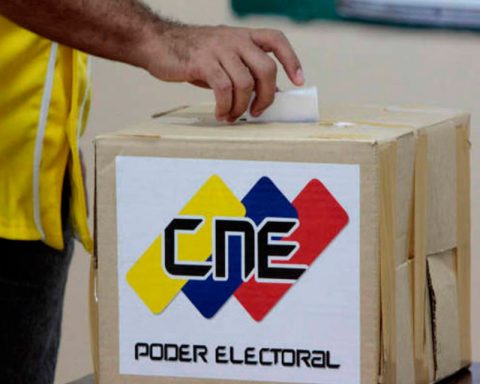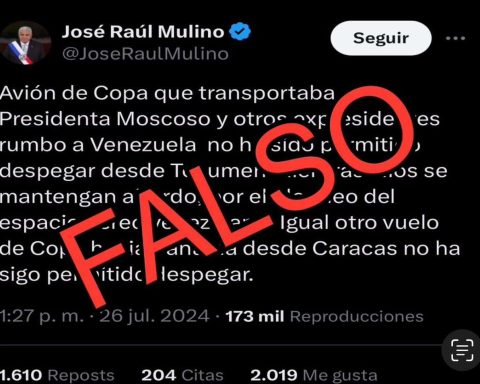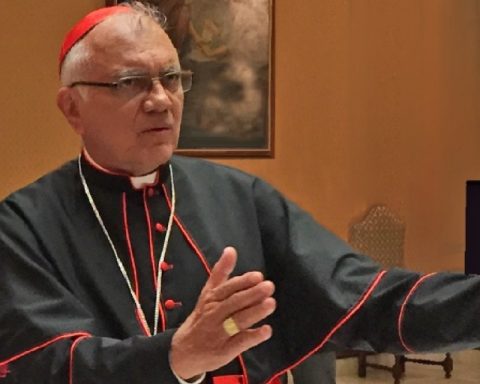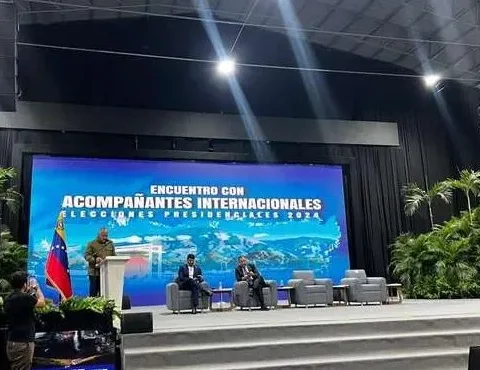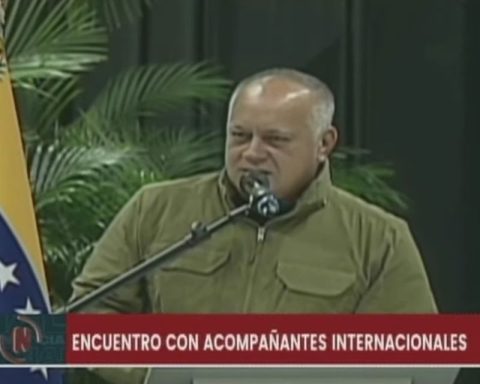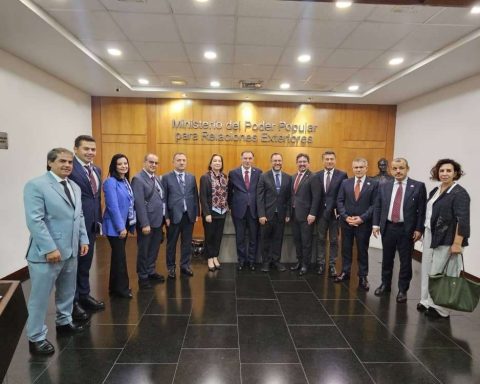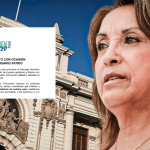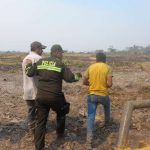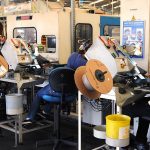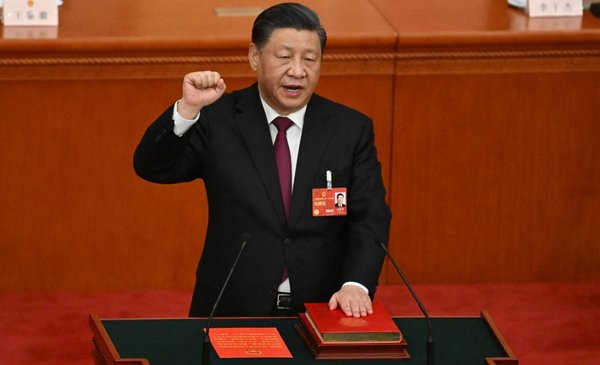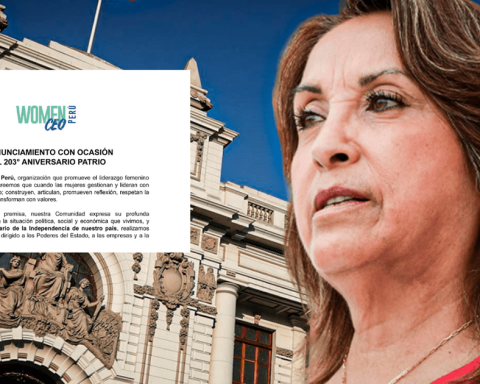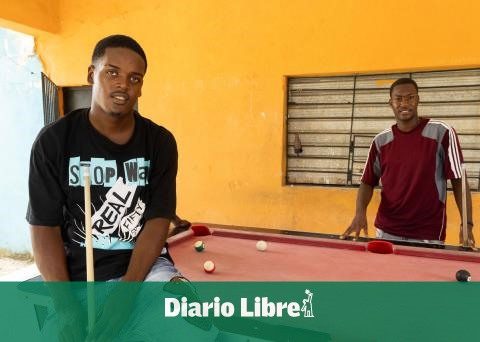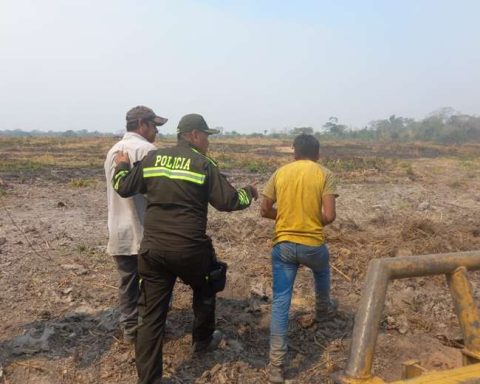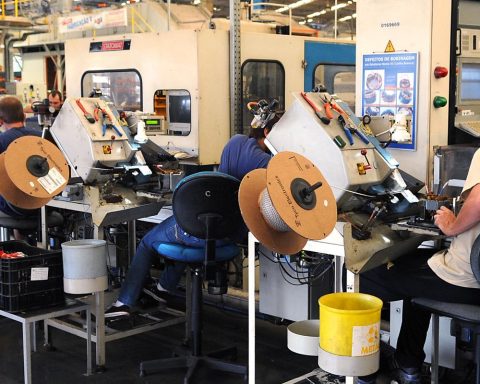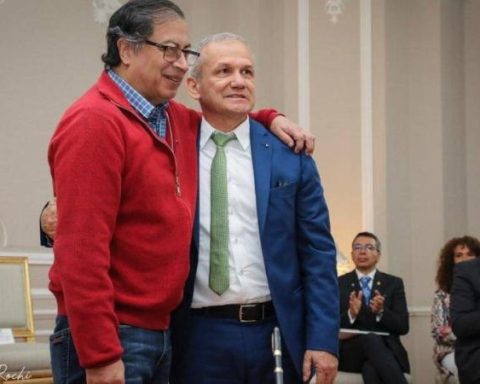This July 12, the debate “The candidates speak” was held at UCAB, in which eight of the 14 candidates for the opposition primaries participated. In the meeting, they presented their vision and proposals for the reconstruction and reinstitutionalization of the country and its economy -they also had words for migration and political prisoners-, but they hardly even mentioned the precariousness that the different regions of the country are going through, where the industries, companies and agricultural production
The references to the situation experienced by the regions of the country – the most affected by the destruction of the productive apparatus and environmental excesses in Venezuela; as well as failures in public services – were almost nil in the debate among the candidates for the opposition primary held this Wednesday, July 12, in the Aula Magna of the Andrés Bello Catholic University (UCAB), in Caracas.
The response time –one minute per question for each candidate– and the questions asked to the candidates –What do they have to say to Venezuela? How do they define the regime? What real guarantees do they offer young people so they don’t leave the country? ? and How to guarantee a favorable environment for production and foreign investment?, among others– gave little room to delve into the particularities of areas, items or states.
*Read also: Debate showed the only difference between candidates: what to do with the disqualified
Andrés Velásquez (La Causa R), Carlos Prosperi (Democratic Action), Freddy Superlano (Popular Will), María Corina Machado (Vente Venezuela), Delsa Solórzano (Citizen Meeting), Andrés Caleca (Independent), Tamara Adrián (United for Dignity ) and César Pérez Vivas (Concertación por el Cambio) were the eight of the 14 registered for the primary elections on October 22 who participated in the meeting entitled «The candidates speak; organized by 37 civil society NGOs.
Live | The eight candidates for the primaries who will participate in the primaries have already entered. Andrés Velásquez (La Causa R), Carlos Prosperi (Democratic Action), Freddy Superlano (Popular Will), María Corina Machado (Vente Venezuela), Delsa Solórzano (Citizen Meeting),… pic.twitter.com/W6qq0NjTSY
– TalCual (@DiarioTalCual) July 12, 2023
“They have no voice”
«Deep Venezuela suffers an extraordinary, gigantic tragedy. They have no voice, no one is speaking for them.”said andres caleca in the second part of the debate, when they were asked about how they would reach people who are currently disconnected from Venezuelan politics.
Caleca, former president of the Ferrominera del Orinoco and who formalized his participation in the opposition elections on June 8, during a political act held in Plaza Los Tubos in Puerto Ordaz, Bolívar state; he was the candidate who was most aware of the calamities and disparity between Caracas and the interior of the country in his speeches.
*Read also: With the 2023 Budget they continue to “pichirrear” resources to the regions
«About three years ago I began touring Venezuela, to visit deep Venezuela, to get out of my comfort zone and the bubble that is this north-central coastal area of the country. What I have found is a destroyed country, a country in tatters, a national state withdrawing from almost half of the territory, in the hands of criminal gangs; in the most frightful social landslide that we can imagine », he also recalled ex-rector from the National Electoral Council (CNE), before responding to the young people that it was “nothing” that he could guarantee them to prevent them from migrating; then he invited them to “fight” for the reconstruction of the country.
Later, Caleca warned – and sought support from Andrés Velásquez, former governor of Bolívar – that it is necessary to attend to other areas first in order to reactivate the companies. “Today we cannot turn on Sidor without turning off the country.”
The eight participants in the debate have toured various cities, towns and hunts, on pre-campaign tours for the primary elections, and three of them are not born in Caracas: Velásquez, Pérez Vivas and Superlano.
Debate: the regions today
Prior to the meeting held at the UCAB –moderated by the cyberactivist Luis Carlos Díaz and the journalist Isabela González–, the front pages of regional media reported that for 20 days a single service station had been dispatching gasoline in San Antonio del Tachira; at the other end of the country, the governor of the state anzoategui it announced that the pick and plate in the entity’s subsidized pumps was returning; in falcon a new failure paralyzed gasoline production at the Cardón Refinery; and in Bolívar a new dispatch plan for fuel (at international prices) was started, which will make it possible to supply every 96 hours.
Gasoline, the main engine for production, development and mobility in the interior of Venezuela, remains scarce and limited.
Superlano and Pérez Vivas mentioned their native states, Barinas and Táchira; respectively, just to remember their campaign slogans: “If barinas could, Venezuela can,” said the first. The second began his participation in the event by exclaiming: “I am Venezuelan, I am from Tachirense, I am gocho number eight who is going to be president of Venezuela.”
Entering the 21st century
Tamara Adrián, in her Golden Minute – that was the name of the last opportunity given to the candidates to present their proposals in the debate. This was 90 seconds, for each one – he highlighted the importance of bringing the country’s main industries into the 21st century: Petróleos de Venezuela (PDVSA) and the basic companies of Guayana.
“We have the challenge of making Venezuela enter the 21st century. Since we have not entered the 21st century, we have not been able to discuss the issues of the 21st century (…) How are we going to do to visualize the role of oil, of basic industries, the wild extractivism that has been created in the so-called mining area of the Orinoco arc“said Adrián, one of the speeches closest to talking about work and development in the country and especially in the regions.
Post Views: 626
